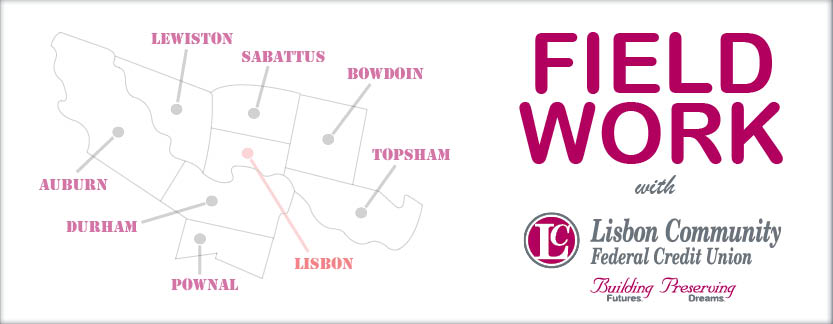Qualifying for a home loan remains a hurdle for anyone without a solid balance sheet. A potential homeowner must have the right income, the right credit score and the right down payment to get the best rates available. What follows are a few tips to consider as you pursue the home of your dreams.
1. Assess your financial picture and see how much house you can afford. Before you get too involved in looking for a new home, you should take some time to evaluate your finances thoroughly. If you’re a first-time homebuyer and haven’t been saving money or have been living paycheck-to-paycheck while dealing with student loans and other debt, you’ll likely have to make major lifestyle changes to get in a better position to buy a home.
Ultimately, you want to get an idea of how much of your monthly income you can reasonably afford to spend on a home. We suggest you use a formula to calculate what you can afford: add up the monthly house payment – principal, interest, taxes and insurance – and divide this into your gross monthly income. Your monthly housing payment should not exceed 28% of your gross monthly income.
2. Budget like you were already a homeowner. You have figured out roughly how much money you should devote to housing. But other costs need to be considered, such as repairs and utilities which usually run higher than if you’re renting. If you are currently renting, you should calculate the extra costs that come with homeownership and start setting aside that amount. This accomplishes two goals: saving money for a down payment and getting accustomed to the financial obligations of homeownership.
3. Shoot for 20% down. While lenders will allow homeowners to make a down payment as little as 3% of the purchase price, you should shoot for 20% down in order to avoid paying private mortgage insurance or PMI. This is a premium that is added to your mortgage payment and can be quite expensive. In addition to a down payment, you’ll also have to set money aside for closing costs, which can run into thousand of dollars.
4. Tackle any credit score problems early. A person’s credit score is a critical element in determining how much money homeowners can borrow and at what interest rate. Buyers looking for the most favorable rates on a home loan must have a FICO score of at least 720. Prospective homebuyers should check their credit report for any errors that may be weighing down their credit score. Disputing errors can take months, so it’s best to get this process going well before you’d like to buy a home.
A potential homebuyer should also avoid taking on new debt in the months before you set out to buy a home, as new loans or credit cards can negatively affect your credit score.
5. Get financial documents in order. When it comes to formally applying for a loan, you will need to provide at least two months of bank statements, paystubs and W-2s. If you are self-employed, you will need two years of tax returns. You should start pulling this information together before you apply for a loan.
6. Get pre-approved for a loan. Before you begin your home search, you should speak with one of our Loan Officers about being pre-approved. Once you are issued a pre-approval letter, this is a solid indication of what you can spend. This will also let the brokers and the sellers know that you are serious about purchasing a home.
Our Loan Officers are available to assist you at any time and will be happy to help you with what can often times be an overwhelming process.
Lisbon Credit Union is an Equal Housing Lender.
